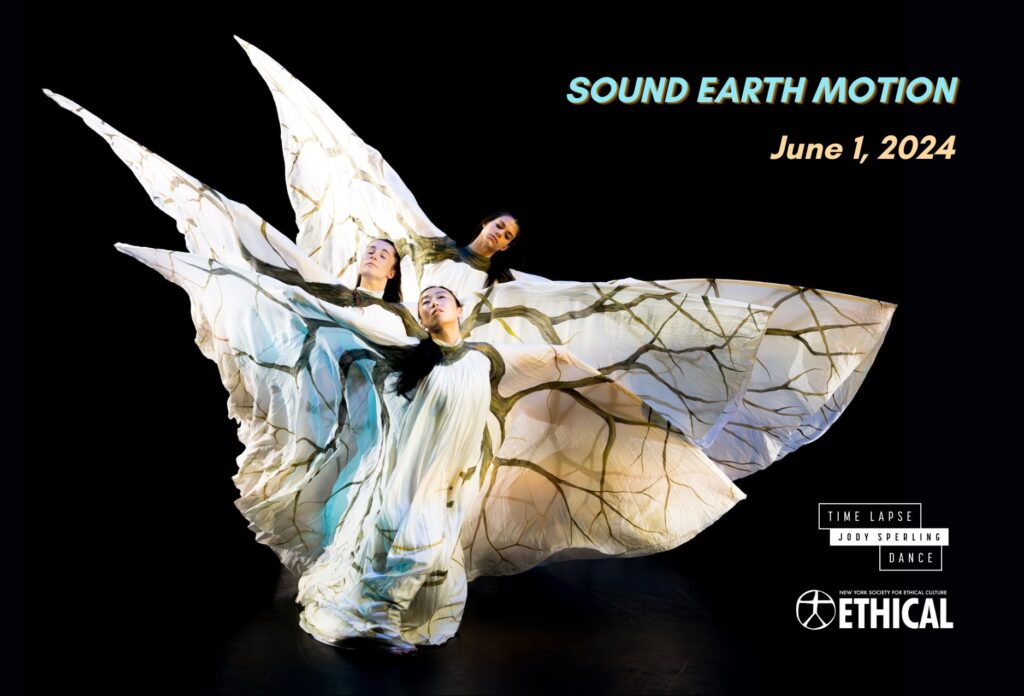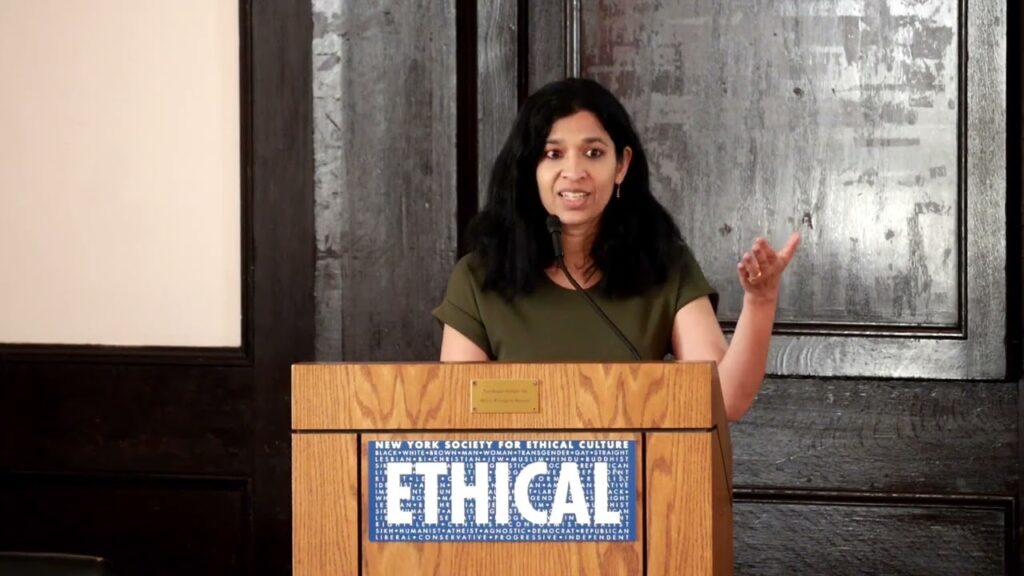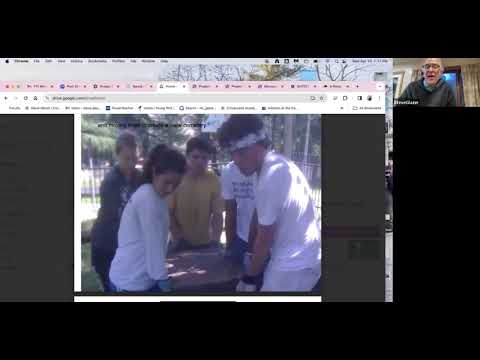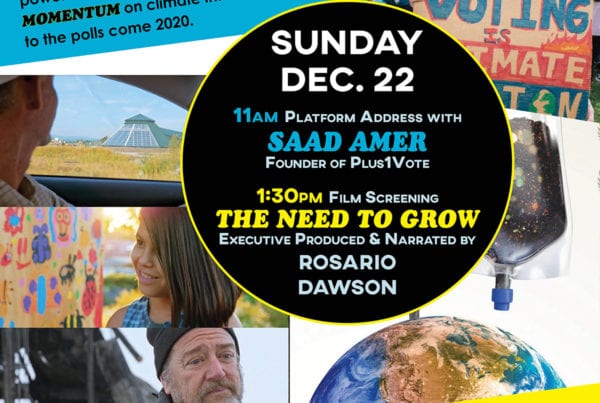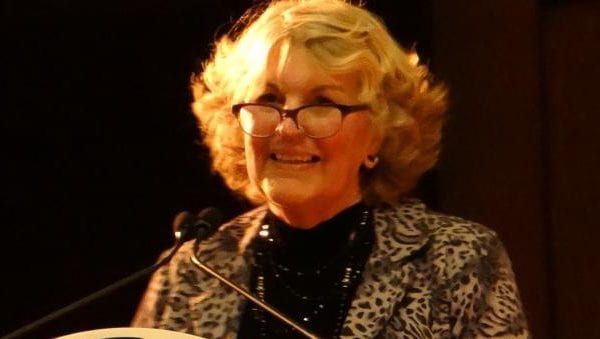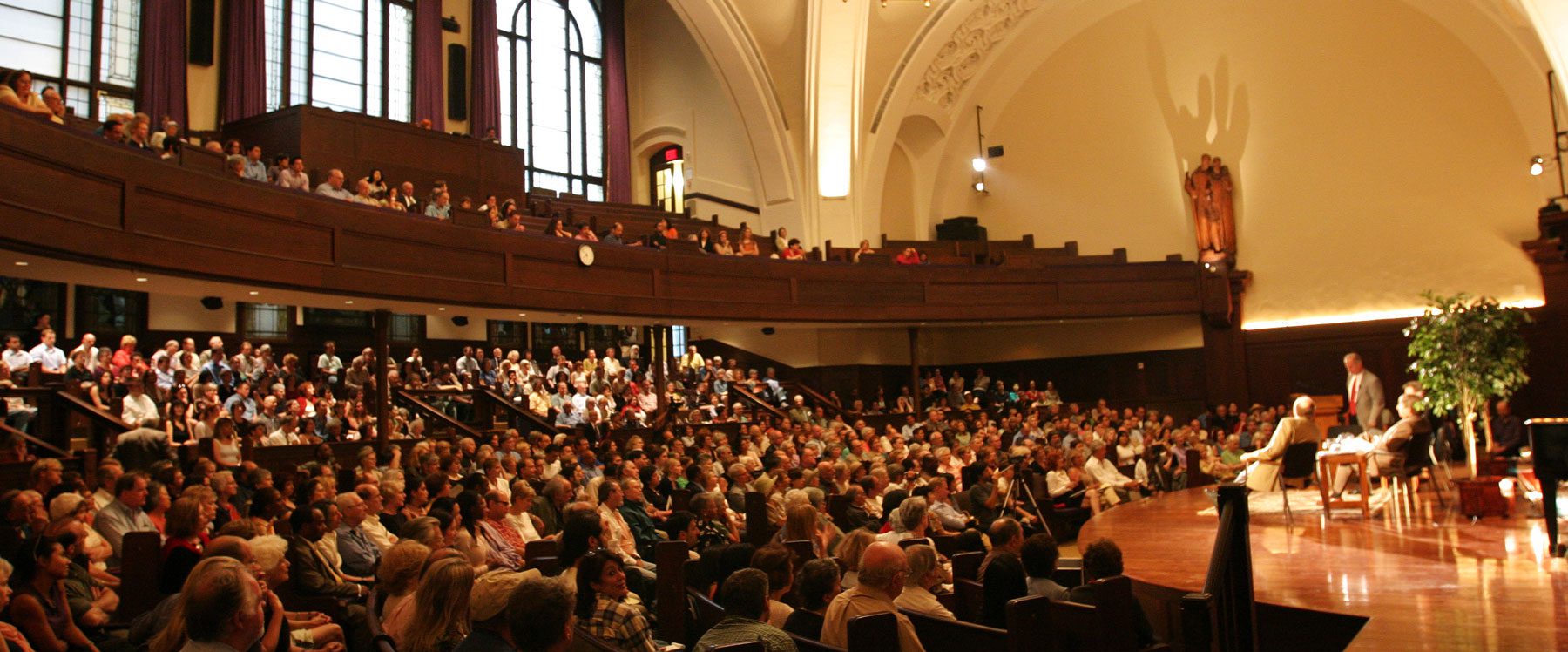
On May 15, 1876, a 25 year old teacher stood before a packed auditorium in Manhattan and founded a new religion. What was it about the religion into which he had been born and the synagogue he was trained to serve that moved him toward this decision? I’ve often wondered, and I think it was because his overwhelming need to experience life as being “all of a piece,” connected to all that he knew and loved, wasn’t realized in a religion that excluded others unless they converted to a specific creed. His radical notion was to place deed above creed.
“Believe or disbelieve as ye list – we shall at all times respect every honest conviction. But be one with us where there is nothing to divide – in action. Diversity in the creed, unanimity in the deed! This is that practical religion from which none dissents. . . . This is that common ground where we may all grasp hands as brothers, united in mankind’s common cause.”
Felix Adler witnessed great human misery in Germany where he studied to become a rabbi and return home to take his father Samuel’s place on the pulpit of Temple Emmanuel. He walked the streets of Berlin and learned how the labor movement was addressing workers’ issues. He came to believe that religion must play a role beyond charity and reach out to people in need who weren’t adherents and weren’t required to convert to a belief to receive help. Surely we all belong to one human family, not separated, but enhanced by our differences.
Acting so as to elicit those unique and essential differences, and thereby contributing to the “ethical manifold” of humanity, became Adler’s ‘supreme rule.” Ethical engagement with others elicits the best in ourselves. We are fully realized as human beings in ethical relationships.
No need for a deity. No need for religion – unless you feel, as Adler did, that religion is worth saving, worth experiencing as a non-theistic and ethical transformation. He used words like “holy,” “sacred,” and “divine” to express “reverence” about this life that we all share, not in terms of worship and thanksgiving to a supernatural entity, but in recognition of the accident of life that brings us into communion with one another.
As we celebrate Founder’s Day, along with every Ethical Society and the Ethical Culture Fieldston Schools, let us remember what was revolutionary about Adler’s vision. He saw diversity as cause for celebration, not an insurmountable barrier. He chose to see that which others used to separate humanity as a means to connect human beings. Humanity’s purpose is only fulfilled when it embraces the wholeness of human experience.
A young man left his family to study abroad. He missed them and wrote home often. He knew they were counting on him to study hard and follow in his father’s footsteps. He learned his rabbinical lessons well and also learned that he was a member of a larger family, an infinite constellation of beings that shared the living world. He felt an ethical obligation to all of them. On Founder’s Day, we thank him for opening that vision up to us.

